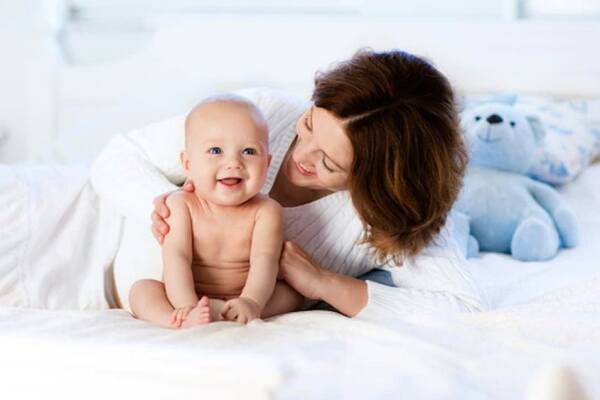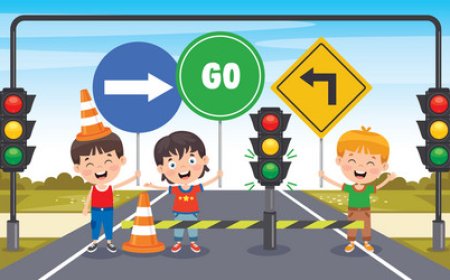Keeping Your Newborn Safe: A Comprehensive Guide
Discover essential safety tips for your newborn baby, including safe sleep practices, car seat safety, home safety hazards, and more. Ensure your little one's well-being with this comprehensive guide.

Bringing a newborn home is an exciting and overwhelming time. As new parents, you're eager to learn and provide the best care for your little one. A crucial aspect of this care is ensuring their safety. From safe sleep practices to home safety hazards, understanding the potential risks and taking necessary precautions is paramount.
Safe Sleep Practices:
- Back to Sleep: Always place your baby on their back to sleep to significantly reduce the risk of Sudden Infant Death Syndrome (SIDS).
- Firm Sleep Surface: Use a firm, flat sleep surface, such as a crib mattress, free from any soft bedding, pillows, or stuffed animals.
- Bare Sleep Space: Keep your baby's sleep space bare. Avoid loose blankets, bumpers, or other items that could cover their face and interfere with breathing.
- Room Sharing: Share a room with your baby for the first six months, but keep them in their own separate sleep space, such as a crib or bassinet.
Car Seat Safety:
- Rear-Facing: Keep your baby rear-facing in a car seat until they reach the maximum height and weight limits recommended by the manufacturer, typically around two years of age.
- Proper Installation: Ensure the car seat is installed correctly, following the manufacturer's instructions and seeking professional help if needed.
- Harness Fit: The harness straps should be snug and at the correct slots, with the chest clip at armpit level.
- Never Leave Your Baby Unattended in a Car: Even for short periods, leaving your baby in a parked car can be extremely dangerous due to the risk of heatstroke.
Home Safety Hazards:
- Choking Hazards: Keep small objects, such as coins, buttons, and balloons, out of reach. Avoid giving your baby hard or sticky foods that can easily become lodged in their airway.
- Fall Prevention: Never leave your baby unattended on any elevated surface, such as a changing table or bed. Install safety gates at the top and bottom of stairs.
- Water Safety: Never leave your baby unattended in or near water, including bathtubs, pools, and buckets.
- Poisoning: Keep all medications, cleaning products, and other toxic substances out of reach and locked away.
Additional Safety Tips:
- Never shake a baby: Shaking can cause serious brain injury.
- Use a thermometer to check your baby's temperature: Fever can be a sign of illness.
- Schedule regular checkups with your pediatrician: These visits are crucial for monitoring your baby's growth and development and addressing any concerns.
- Take a CPR and first aid class: Learning these essential skills can help you respond effectively in an emergency.
Conclusion:
Prioritizing newborn safety is crucial for ensuring your little one's well-being. By following these guidelines and being vigilant about potential hazards, you can create a safe and nurturing environment for your baby to grow and thrive. Remember, every precaution you take contributes to their safety and happiness.
What's Your Reaction?






















































































